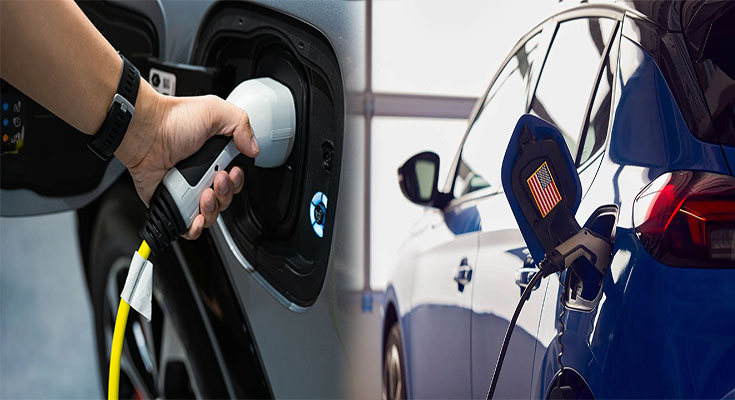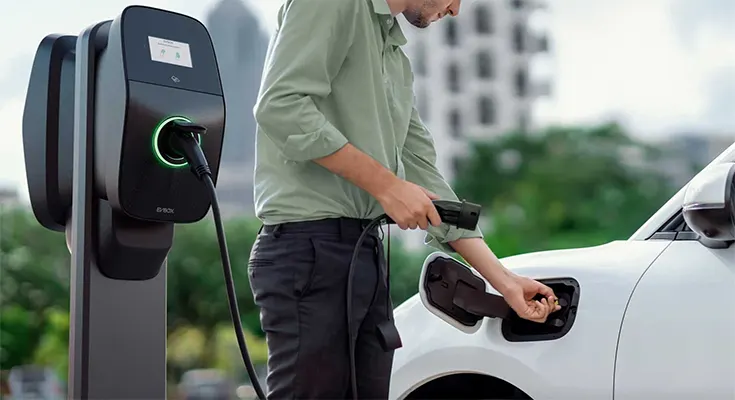In an era marked by increasing environmental awareness and the urgency to combat climate change, electric vehicles (EVs) have emerged as a sustainable alternative to traditional gasoline-powered cars. To accelerate the transition to a cleaner and greener transportation system, governments around the world are implementing a range of incentives and policies to promote the adoption of EVs. This article examines the significance of EV incentives and government policies in driving the shift towards electric mobility.
Financial Incentives
One of the most common strategies employed by governments to encourage the adoption of EVs is the provision of financial incentives. This includes subsidies, tax credits, rebates, and grants that lower the upfront cost of purchasing an electric vehicle, making them more affordable and attractive to consumers. Financial incentives help offset the higher initial prices of EVs and incentivize consumers to make the switch to electric mobility, thereby boosting market demand for environmentally friendly vehicles.
Charging Infrastructure Development
Another critical aspect of government policies is the investment in charging infrastructure development. To address range anxiety and enhance the convenience of owning an EV, governments are expanding public charging networks and providing incentives for the installation of home and workplace charging stations. Building a robust charging infrastructure is essential for promoting the widespread adoption of EVs and alleviating concerns about range limitations, thereby accelerating the transition to electric mobility.
Regulatory Measures
In addition to financial incentives and infrastructure development, governments are implementing regulatory measures to support the adoption of EVs. This includes emission standards, zero-emission vehicle mandates, and incentives for automakers to produce a certain percentage of electric vehicles. By setting ambitious targets and regulations, governments create a conducive environment for automakers to prioritize the development and production of electric vehicles, driving innovation and technological advancements in the EV industry.
Collaboration with Stakeholders
Collaboration with stakeholders, including industry players, utilities, and various stakeholders, is essential for the successful implementation of EV incentives and government policies. By engaging with key partners, governments can leverage expertise, resources, and best practices to accelerate the deployment of electric vehicles and charging infrastructure. Collaborative efforts foster innovation, foster public-private partnerships, and drive collective action towards a more sustainable transportation system.
International Cooperation and Knowledge Sharing
Given the global nature of the climate crisis, international cooperation and knowledge sharing are crucial for advancing the adoption of electric vehicles worldwide. Through information exchange, best practice sharing, and collaborative initiatives, countries can learn from each other’s experiences, accelerate the development of EV markets, and address common challenges collectively. By working together on a global scale, governments can amplify the impact of EV incentives and policies and drive the transition towards a cleaner and greener future.
EV incentives and government policies play a pivotal role in shaping the future of electric mobility and driving the widespread adoption of electric vehicles. By providing financial incentives, investing in charging infrastructure, implementing regulatory measures, fostering collaboration with stakeholders, and engaging in international cooperation, governments can create a supportive ecosystem for the transition to electric mobility. As countries worldwide strive to reduce greenhouse gas emissions, combat air pollution, and achieve climate targets, the implementation of effective EV incentives and policies is essential for accelerating the shift towards a more sustainable transportation system.













